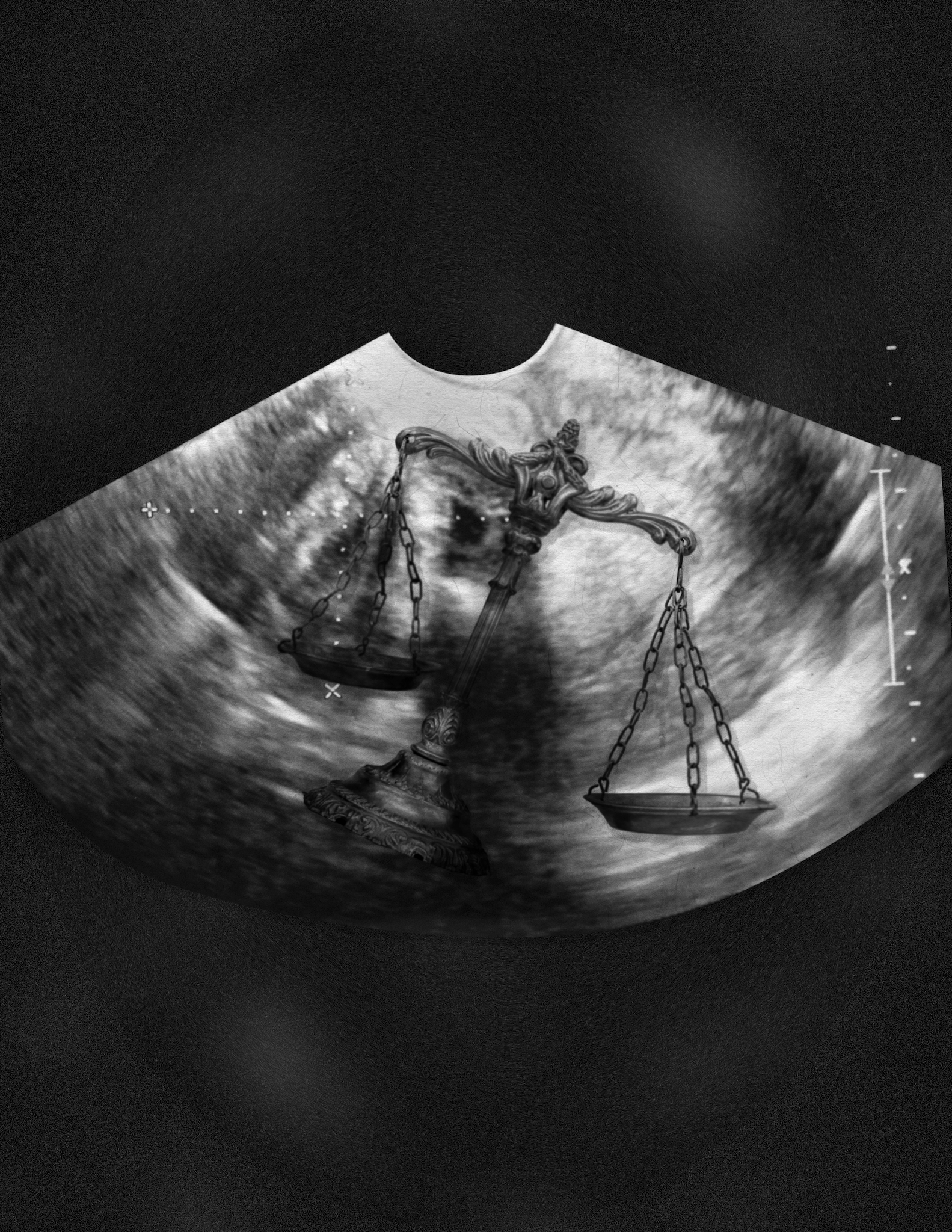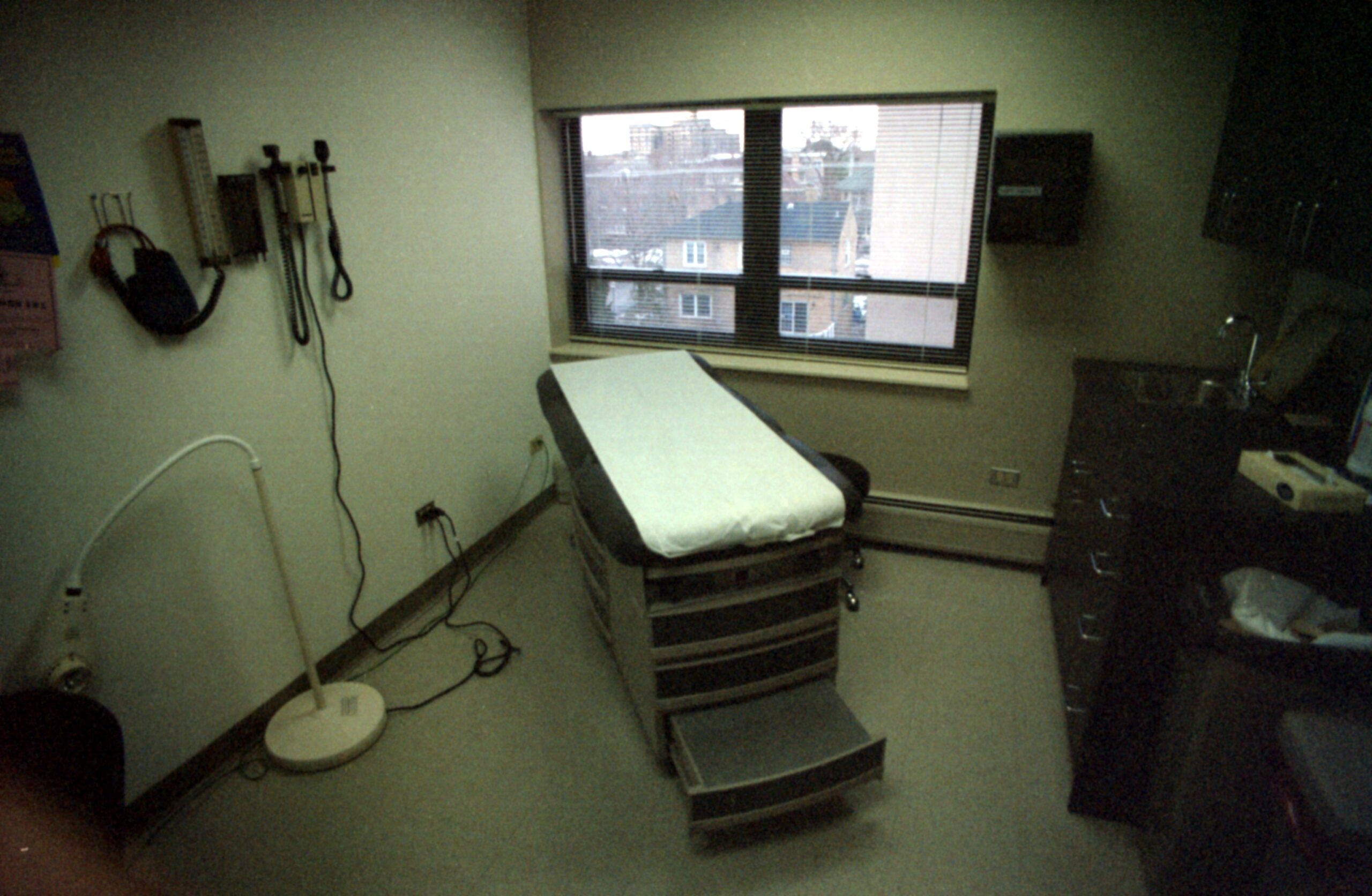Patrick: Sonogram Bill Empowers Women

Does requiring a sonogram before an abortion violate women’s privacy rights, or does it further amplify informed consent?
That’s a question Texas lawmakers have been debating for several sessions now, and the Senate State Affairs Committee took it up again this morning.
The committee heard testimony on Sen. Dan Patrick’s Senate Bill 16, appropriately dubbed “the sonogram bill,” which got a tune-up before the hearing began this morning. Originally, the Houston Republican’s bill would’ve required women seeking an abortion to not only get a sonogram two hours before the procedure but also listen to a verbal description of the image and hear the fetal heartbeat. However, Patrick laid out a modified version that still requires a sonogram, but now gives women more choice. It allows women to decide if they want to view the image and to hear the heartbeat. (The new version is almost identical to the bill filed by Patrick the previous two sessions). And while on the surface the new bill sounds less severe, it still requires that physicians give the patient a detailed description of the fetus.
“Senate Bill 16 is just plain wrong,” Dr. Margaret Thompson said. “It’s bad medicine, bad law, bad policy and a denial of individual liberties.”
Thompson is an OB/GYN here in Austin and worries that requiring physicians to perform a sonogram puts lawmakers in the exam room. She said that by dictating medical procedures, senators would be interfering with the doctor-patient relationship.
“This is the practice of medicine without a license,” she said. “Sonograms are often times performed before doing an abortion already…the problem most of us have with this bill is that that decision is being made here in the Senate chamber” rather than a medical setting.
Subsequent witnesses, including Dr. Scott Spear, medical director of Planned Parenthood of the Texas Capital Region, echoed those concerns, calling the legislation over-reaching and unnecessary. Opponents also argued that the bill is nothing more than an attempt to manipulate women into not having an abortion and make them feel guilty for their decision.
Patrick said he has continuously filed the bill with the intention to “empower” women and provide them with as much information as possible before making the decision to have an abortion. (Under the Women’s Right to Know Act, Texas doctors are already required to provide women with literature and other necessary information going through with the procedure).
One of four proponents that testified this morning, Terry Williams, executive director of the Central Texas LifeCare crisis pregnancy center in San Marcos, said sonograms have resulted in most of her clients deciding against an abortion.
“Our clients want to know the truth,” she said. “And contrary to a popular movie line, they can handle the truth.” Opponents quickly responded that no statistically significant evidence suggests sonograms reduce the abortion rate.
What started as a hearing to address the bill quickly turned into an attack on Planned Parenthood. After the committee recessed for the morning, Patrick held a press conference and seemed baffled by the organization’s objection to his legislation.
“The real issue is Planned Parenthood’s opposition to the bill,” he said. “They should praise this bill because it confirms the standard of care.”
Testimony will continue into the afternoon.


